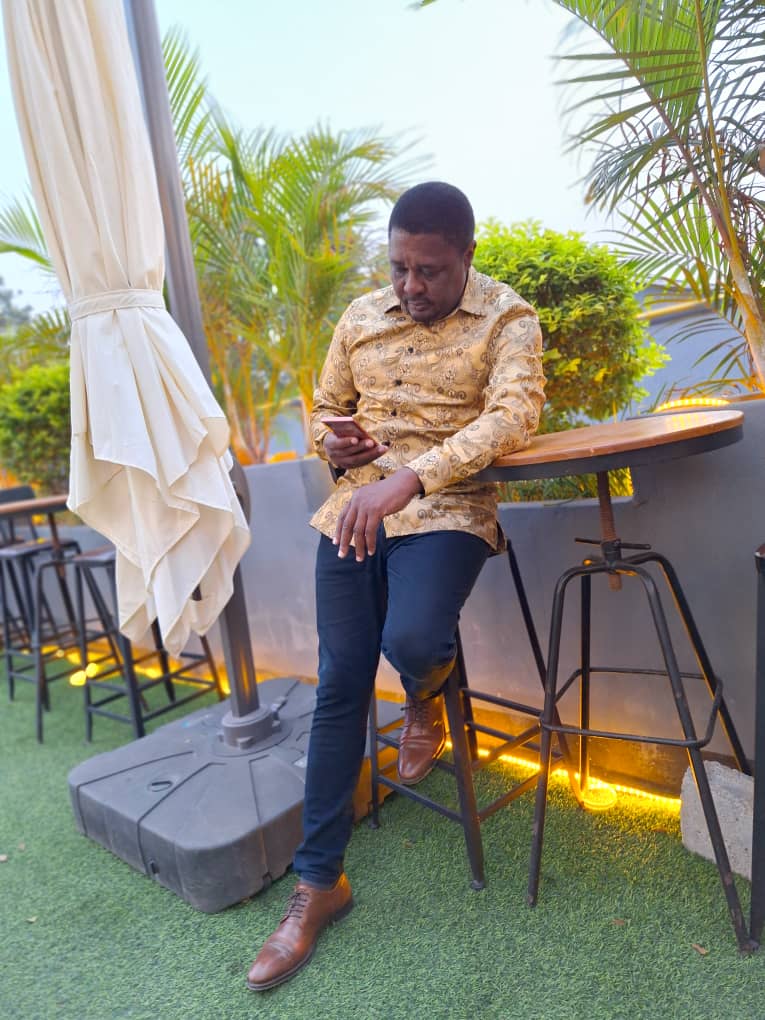OPINION | My first encounter with liberation fighters during the armed struggle took place in 1976 at Rupike Village.
That night, our introduction to the movement began with a shocking demand: we were instructed to surrender our Bibles, which were either burnt or torn before our eyes.
This was a deeply unsettling act for our group, a Catholic cell under Bandara Church and the Bondolfi Diocese, where faith was central to our lives.
The fighters told us that to liberate ourselves, we had to dispense with what they called “Colonial Theology,” which they argued had rendered us docile, making us unwitting collaborators with the Ian Smith regime.
Three months later, the struggle became even more personal and tragic when the local parish priest was killed at the Mushawasha/Mavizhu Base. His death marked the intensification of my involvement in the liberation movement, a turning point that brought us under the spiritual guidance of ancestral figures like Mbuya Nehanda. These ancestral spirits, revered in our culture, took on a profound leadership role during the war, providing both spiritual sanctuary and a moral compass for the struggle.
After independence, the Church reemerged, but not as a singular entity. It was back in various forms—Catholic, Evangelical, Pentecostal, and indigenous denominations like Mapostori and MaZion. Instead of solely spiritual guidance, these institutions began aligning themselves with the government, inadvertently becoming instruments of the state. This shift has led to a situation where religious leaders have assumed a commissariat role, shaping and, at times, endorsing the political landscape rather than challenging it.
Checkout: Fraudster Employee ‘Mercy Tsitsi Ndiweni’ Dupes ZINWA US$45K
Today, the solution to Zimbabwe’s ongoing socio-political challenges lies with these spiritual shepherds who have strayed far from their true calling. Many of these religious leaders have become complicit in the current misery afflicting our people, promoting teachings that make us politically passive—what I would term “political zombies.” The urgent question is: how do we reclaim the Church’s role as a moral and ethical guide, rather than a political pawn?
One answer may be to challenge these institutions directly. We can consider denying them tithes and other offerings, or even boycotting services altogether, until they return to the role of the Good Shepherd, advocating for justice and truth rather than perpetuating the status quo. The church must be held accountable, and it must stand with the people, not against them.
What Zimbabwe needs is a new Liberation Theology, one anchored in our inclusive Dare culture, which emphasizes communal decision-making, respect for ancestral wisdom, and a commitment to the collective good. This new theology should challenge the current subjective teachings that have turned many into blind followers of the political establishment. It should inspire critical thinking, resistance to injustice, and a return to the fundamental principles of our liberation struggle.
Our spiritual leaders must remember that their first allegiance should be to their congregations, not to the government of the day. They must advocate for a fair and just society, using their influence to challenge corruption, incompetence, and oppression wherever it appears. Only then can they truly serve as the moral compass Zimbabwe so desperately needs.
As a nation, we are at a crossroads. We must reject any form of theology or religious practice that compromises our sovereignty and the dignity of our people. It is time for a renaissance of faith that is liberative, inclusive, and authentically Zimbabwean—one that honors the sacrifices made by those who fought for our freedom and upholds the ideals for which so many gave their lives.
Dr. Walter Mzembi is a former government minister and a commentator on social and political issues in Zimbabwe.
For comments, Feedback and Opinions do get in touch with our editor on WhatsApp: +44 7949 297606 or Email Us at editor@zimetro.co.zw

For comments, Feedback and Opinions do get in touch with our editor on WhatsApp: +44 7949 297606.

1 comment
Machechi ekare aiva asina kunamata kwe chokwadi pamusana pezvigaro hupombwe huroyi kuba zvaiva zvirimo.lye zvino vanhu vave kuziva chinangwa chekuenda kuchechi zvapamunhu kubvisa mari acĥizivs kwairì kuenda nemashandisirwo ayo. Iyezvin̈o hapacĥisina kuti zvekufunga zvekudenga vanhu vave kuziva kuti zvese zviri pano pasi.Kunzi chechi vanhu angave muposotori kana muroma pasina vanhu chechi inovara nemitemo yayo